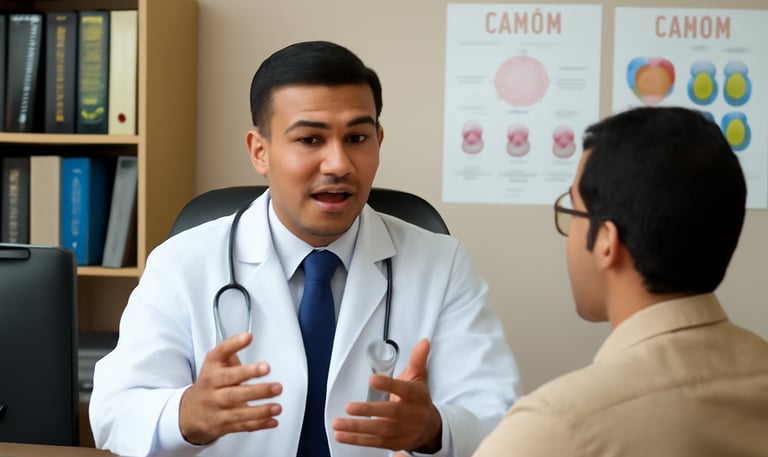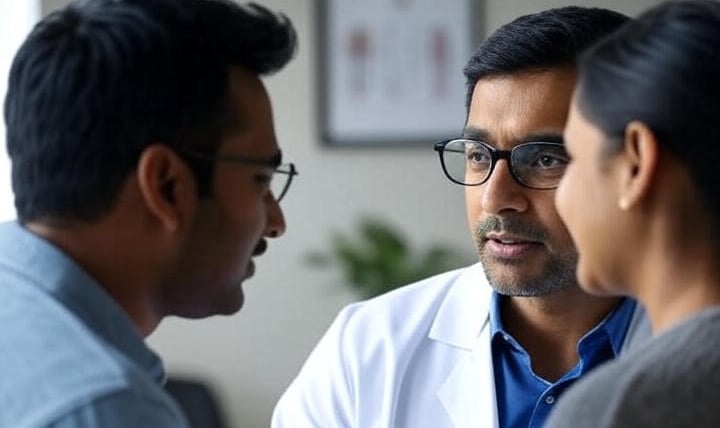Second opinion
I firmly believe that every patient has the right to feel confident in their diagnosis and treatment plan. Seeking a second opinion is a common and wise choice for many facing a critical health decision, and I am more than willing to provide that service.
If you or your loved one has been diagnosed with cancer and you’d like another expert to review the case, here’s how I approach second opinions:


Comprehensive case review
I will thoroughly review all your existing medical records – pathology slides/reports, imaging scans, blood test results, and the treatment plan proposed or already given. It’s helpful if you can bring in (or send) all relevant documents, including the doctor’s notes if available. At GCRI and through my network, I can also have our pathology department review biopsy samples (sometimes a second look at the slides can offer additional insights or confirm the diagnosis subtype).


Discussion and evaluation
After reviewing your case, I’ll meet with you—either in person or via video—to share my perspective. I’ll explain the diagnosis, confirm the staging and subtype, and walk you through the treatment plan. If the current approach is sound, I’ll reassure you. If I see alternative treatment options or think a different approach might be beneficial, I will candidly share that with you, along with the reasoning and evidence behind it. My goal is to help you make informed, confident decisions—not replace your primary doctor.




Answering your questions
Second opinion consultations are also an opportunity for you to ask any questions or clear doubts that you might have hesitated to ask before. Sometimes, just having a fresh set of eyes and a fresh explanation can clarify confusion. I encourage you to come with a list of questions – no query is too small. Common questions might include: “Are there other treatment alternatives?”, “What are the success rates and risks of the proposed treatment?”, “Should I consider any clinical trials?”, “How experienced is the team with this particular cancer?”, or even “What would you do if it were your family member?”. I will address each to the best of my ability.
Written opinion summary
If needed, I can provide a written summary of my second opinion, which you can share with your treating physician. This often helps in collaborative care – many times I end up communicating with the primary oncologist to discuss my viewpoint, and together, all aiming for the best interest of the patient. Most doctors appreciate the input, and ultimately the patient benefits from a team approach.
I fully support seeking second or even third opinions, as cancer treatment can be complex and having additional insights is valuable. I can review your previous treatment, pathology, and molecular testing options to explore new targets or supportive care measures. My second opinion service aims to empower and reassure you, whether you continue with your current team, switch care, or simply want more information. There is no harm in double-checking—prioritizing your health and peace of mind is key to achieving the best outcomes.
Get in touch
Get in touch for a second opinion


Connect
Raising cancer awareness and encouraging screenings online.
Contact
Follow
© 2025. All rights reserved.
